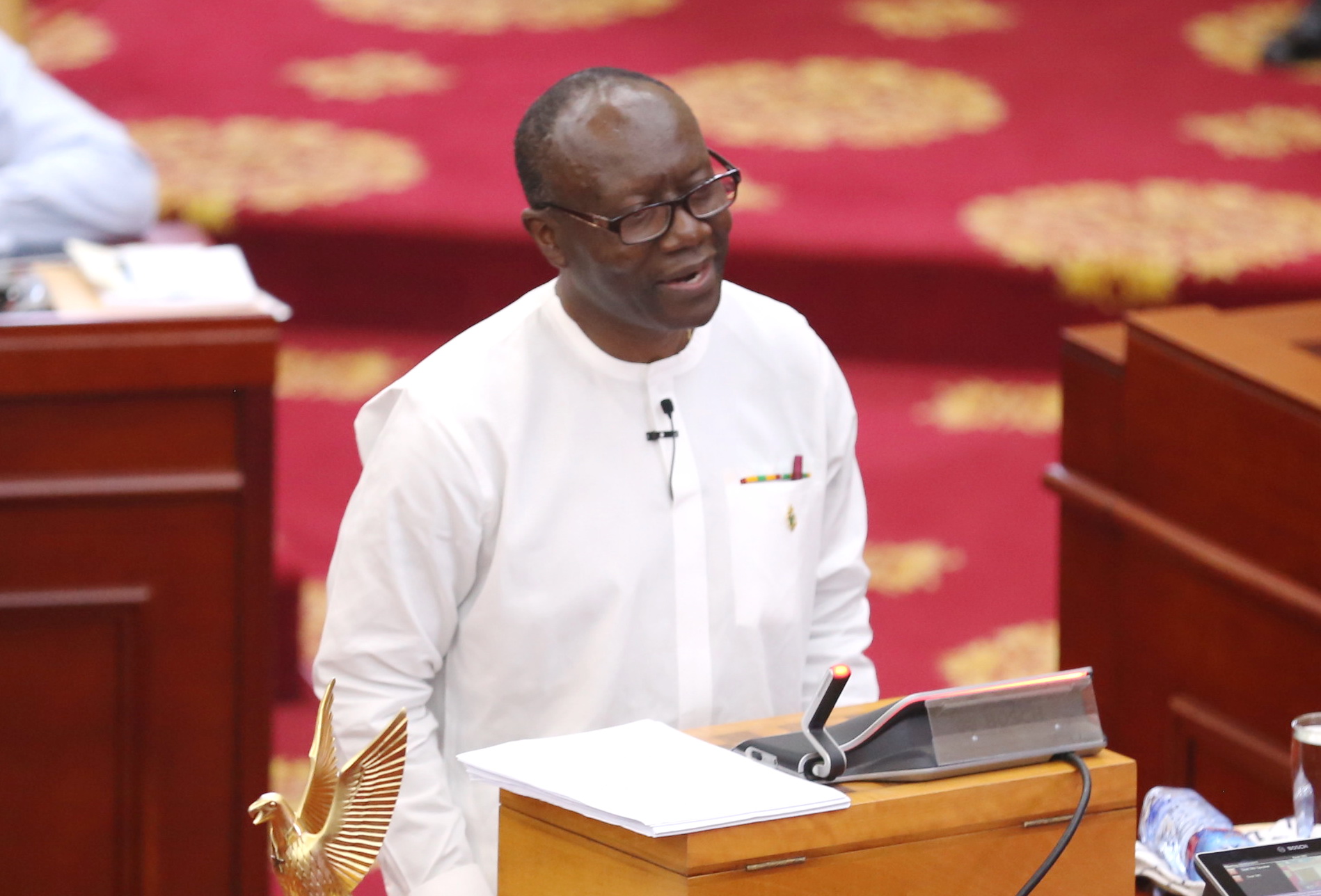
2018 Budget: A potential game-changer?
The Minister of Finance, Mr Ken Ofori-Atta, will tomorrow announce ambitious programmes in the 2018 budget that will seek to consolidate the stability in the economy, lessen the burden of the private sector and set in motion the first phase of the government’s economic transformation agenda.
Advertisement
The minister will do this by targeting a lean fiscal deficit of below five per cent, a growth rate of more than seven per cent and a positive primary balance that can support the “new thinking that the country should not borrow to refinance debt”.
The targets for 2018 will seek to build upon those set in this year’s budget, which sources in government say have “virtually been achieved”.
They told the GRAPHIC BUSINESS that the 2018 budget, which will be woven around exploiting the potential of the agricultural sector, would aim to streamline fiscal slippages in a manner that improves the business environment to help unleash the full potential of the private sector.
“The truth is that the focus for growth in the budget is not going to necessarily come from the fiscal side. To us, what is critical from the fiscal side is the stability – the exchange rate and making sure that you do not cut out the private sector – and that is what you will see in the budget,” one of the sources said, dismissing concerns that a rigid fiscal deficit of less five per cent of gross domestic product (GDP) could strangulate growth.
“The agenda is not about relying on government, no. It is more about getting the economy stabilised, bringing relief to businesses and then using the private sector to get the job done,” the source, who is familiar with the contents of the fiscal tool, told the paper on November 10.
2017 targets
Since taking over office in January this year, Mr Ofori-Atta, an economist and celebrated investment banker, has repeatedly professed his and the government’s commitment to creating a resilient and fiscally disciplined economy that is robust enough to support private sector growth.
In his first budget, delivered in March this year, he set out to achieve that objective, by announcing ambitious targets that included a deficit of 6.5 per cent (from 9.3 per cent in 2016), growth of 6.3 (from 3.5 per cent) per cent and a primary surplus of 0.4 per cent of GDP.
Although revenue shortfalls (14.9 per cent in half year) later forced a revision to those targets in July, one of the sources said the government was now on its way to meeting the revised targets and that should set the tone for the next phase.
The source said: “I am 95 per cent sure that we will meet our fiscal deficit target for this year and for the first time, you will see a government that will set a target and be committed to it,” it said.
Meeting the fiscal deficit target is key to keeping the debt stock on check, which rose to GH¢138.6 billion, equivalent to 68.6 per cent of GDP in September.
In October, the World Bank said in a review that the “the fiscal deficit target of 6.3 per cent of GDP for 2017 is expected to be met”.
Should the target be met, the bank said, “the targeted 2.5 percentage points primary balance adjustment could help reduce the debt stock from 73.4 per cent to 70.5 per cent by December 2017”.
“Considering that Ghana is already placed at high risk of suffering debt distress, any further fiscal slippage could have a significant adverse impact on the debt dynamics. Ghana still faces high financing costs in both the domestic and external markets,” it said.
The source intimated that the government was fully aware of those spillover effects and was already working to fix them.
“I can also tell you that we will set substantially lower targets for next year based on the fiscal rules that we took to Parliament earlier in the year,” the source said, referring to the amendment to the Public Financial Management Act (2016), Act 921, which limits fiscal deficit to between three per cent and five per cent of GDP.
Private sector initiatives
Another source explained that as part of a broader scheme to simulate private sector growth, the budget will also announce a reduction in electricity tariffs to help bring the cost of power in the country at par with what pertains in the sub-region.
A reduction in electricity prices will represent a wish come true for the Association of Ghana Industries, which has long explained that power tariffs in the country were almost double of what pertains in other West African countries.
The association’s Chief Executive Officer, Mr Seth Twum Akwaboah, said in February this year electricity tariffs constituted about 30 per cent of total production cost.
“The high cost of electricity tariffs continues to render industry uncompetitive and it is critical for the current tariff regime to be reassessed. We must look at the situation where industry pays more than residential consumers; it must be reversed,” he said.



